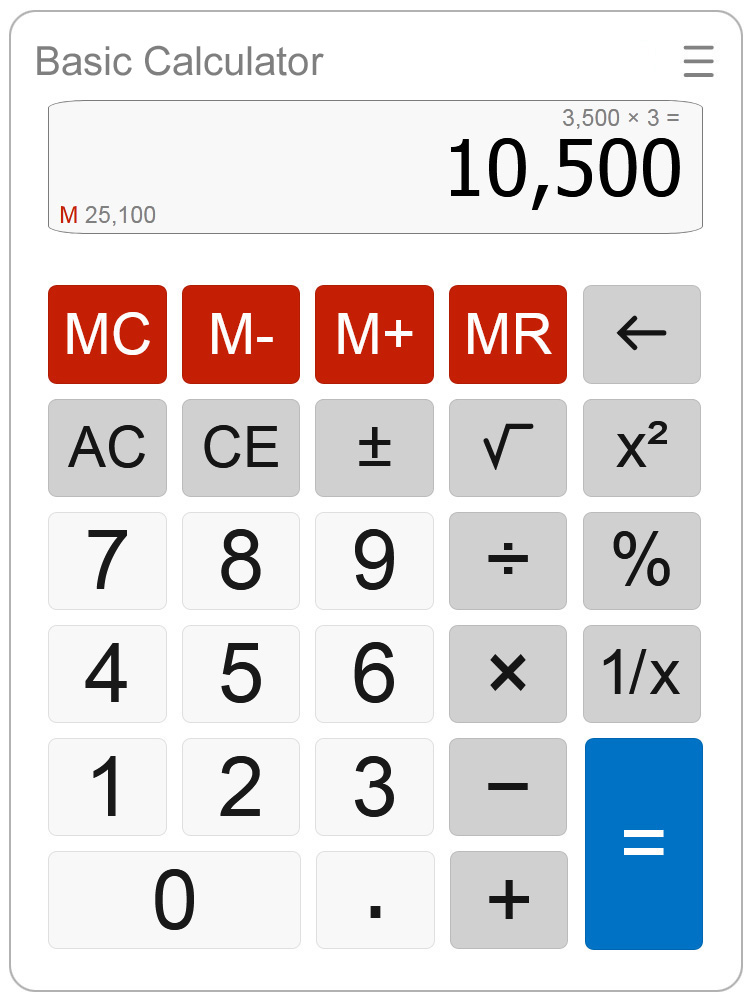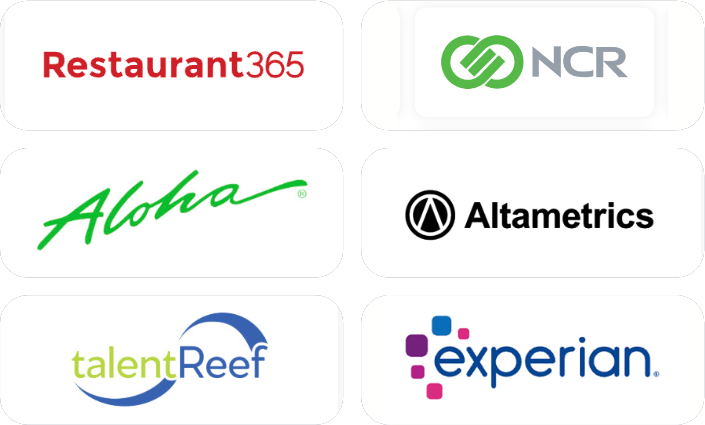Understanding and dealing with the intricacies between payroll taxes vs income taxes can be overwhelming for employers and small businesses. When comparing payroll taxes vs income taxes, they may appear similar. However, each tax serves a distinct purpose within the tax structure.
Let’s examine the similarities and differences between income taxes vs payroll taxes to help you fully understand their functions and effects.
Definitions: What is payroll vs income tax?
Are you unsure about what are payroll taxes vs income taxes? Payroll taxes are an essential part of employer obligations. Employers deduct these taxes from employees’ salaries and handle the payments on their behalf. The funds collected from these taxes go towards Social Security and Medicare taxes.
These include:
- Federal Insurance Contributions Act (FICA)
- Federal Unemployment Tax Act (FUTA)
- State Unemployment Tax Act (SUTA)
- Self-Employed Contributions Act (SECA)
- State disability insurance (SDI)
Employers are responsible for withholding these taxes from employees’ paychecks and paying a matching amount for each employee.
On the other hand, income tax is a direct tax imposed on individuals and businesses income. If you look at income vs payroll tax, it is not explicitly allocated for social programs. When comparing individual income tax vs payroll tax, you’ll notice that income tax includes various other sources of income like investments in addition to wages. Individuals are subjected to federal and state income taxes.
As an employer, your primary responsibility regarding federal, state, and local income tax is withholding. Employers must withhold a portion of their employees’ earnings based on the information they provide and remit it to the IRS. This ensures employees can spread their tax payments throughout the year and avoid making large lump-sum payments during tax season.
What are the similarities between payroll taxes vs income taxes?
If you look at payroll taxes vs income taxes, you’ll see that they have different characteristics. However, they also have several important features in common. Let’s explore them:
1. Both taxes fund the government
The federal government relies on payroll and income taxes to generate revenue. Payroll taxes are specifically designated for social insurance programs such as Social Security and Medicare. In contrast, income taxes support a wide range of government activities like defense, infrastructure, and public services.
2. Both taxes are mandatory
Most US working individuals are subject to payroll and income taxes. These taxes apply to a broad population base, ensuring a consistent flow of funding to government programs. Not filing for these taxes has serious penalties.
3. Both taxes require year-end documentation
Employers must provide employees with a Form W-2 at the end of each year. This form allows employees to accurately file their annual tax returns. The form contains important details such as total income earned and the amount of payroll and income taxes withheld.
4. Both are withheld by employers
Employers ensure the correct amount of both taxes is withheld from an employee’s paycheck. Business owners are responsible for accurately calculating and withholding both federal and state taxes and then remitting these amounts to the government.

What is the difference between payroll taxes and income taxes?
Payroll taxes vs income taxes have some similarities, but they also have several key differences that are important to understand.
1. Each has a different purpose
Payroll taxes fund particular social insurance programs, while income taxes have a broader scope and can be used for various government expenses, making them more flexible in their usage.
2. Each has a different tax base
Payroll taxes are imposed only on wages and salaries. In contrast, individual income taxes encompass a broader range of earnings, including investments, stocks, bonds, and other forms of income.
3. Each has a different tax rate structure
Payroll taxes are usually based on a fixed rate, although Social Security taxes have a maximum income limit. In contrast, income taxes follow a progressive structure, with rates increasing as income increases.
4. Each has different filling requirements
Employees don’t have to worry about filing specifically for payroll taxes, as it is the employer’s responsibility. However, individuals and businesses must file annual income tax returns to calculate their income tax liability.
5. Each has different tax treatments
When comparing payroll taxes vs income taxes, you’ll notice they are handled differently with caps and limits. Social Security taxes have an income cap, beyond which no further taxes are levied. There’s no such cap for Medicare and income taxes, where the wealthy are taxed more heavily.
Make taxes a breeze with the right payroll solution
However you want to look at payroll tax vs income tax, employers need to withhold the right amount and remit it to the government. Staying on top of running your business, managing employees, and handling day-to-day operations is stressful enough. You need a solution that can give you some relief. That’s precisely what you get with AllianceHCM.





